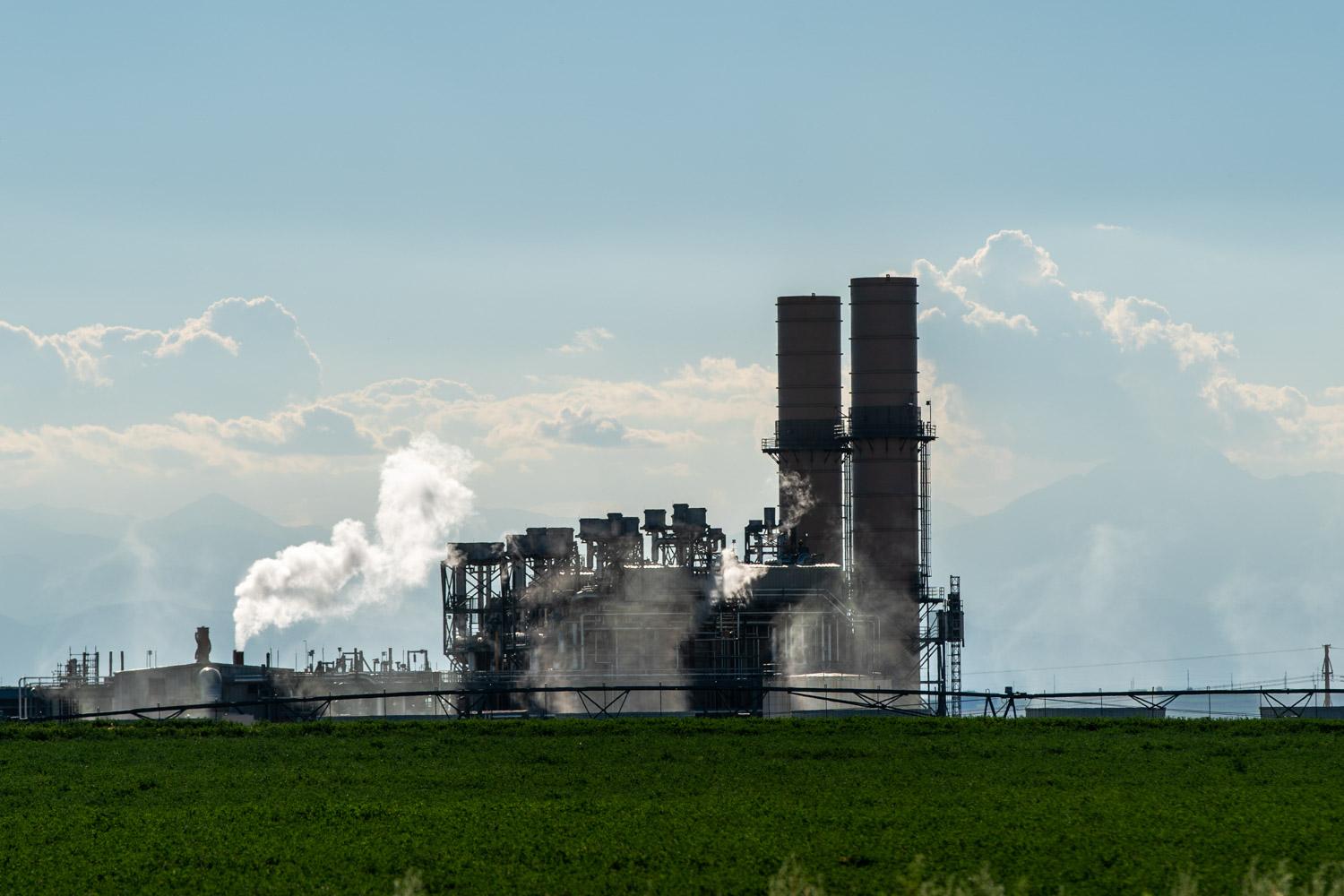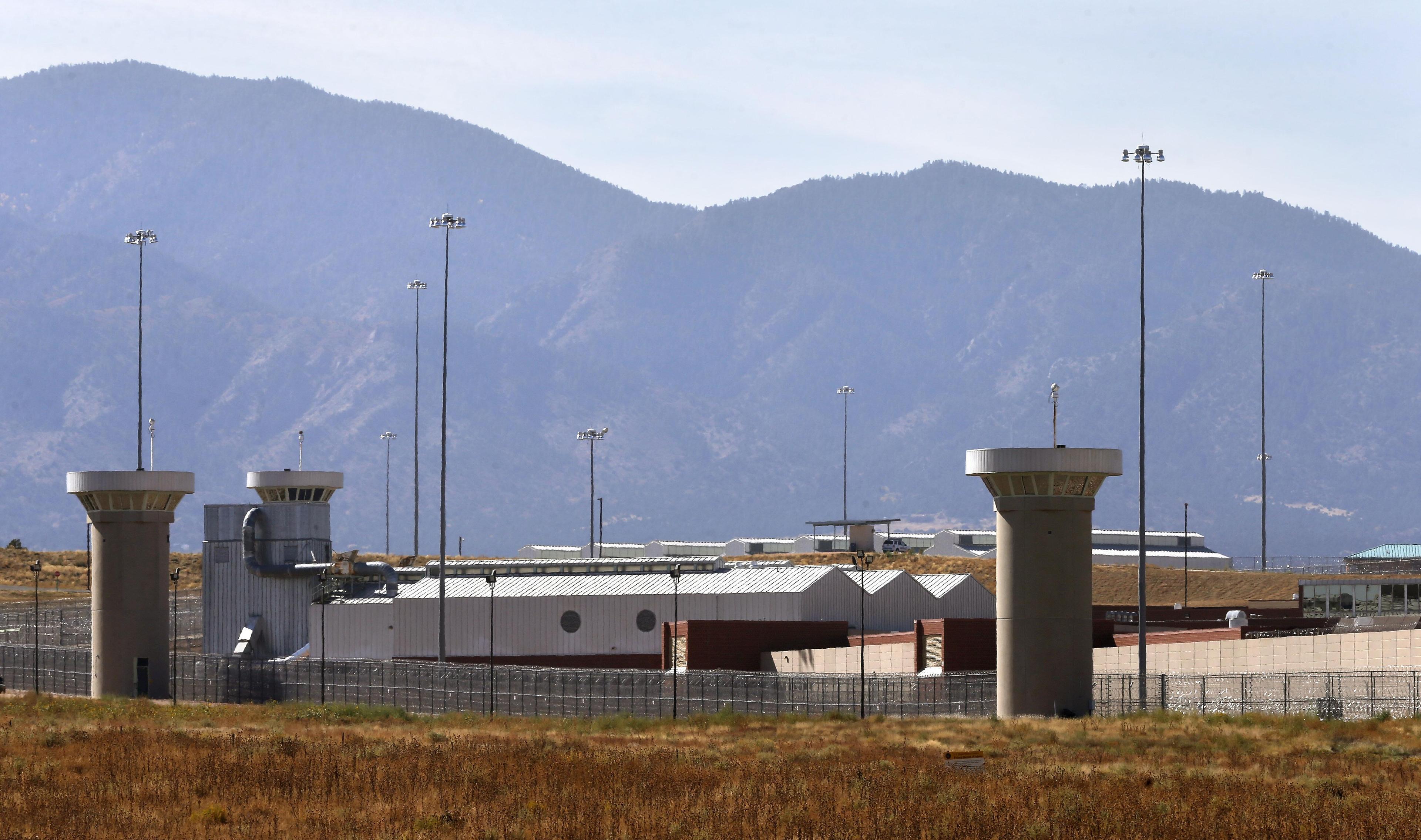
Over the last week, Xcel Energy's vision for a climate-friendly natural gas system has received its first test before the public and Colorado utility regulators.
The reception, so far, has been chilly.
On Thursday, the Colorado Public Utility Commission heard public testimony in response to a request seeking $188.6 million in rate increases company executives say are needed to kickstart its plan to eliminate the climate-warming effects of its natural gas system by 2050.
If approved, the company's 1.4 million natural gas customers would see their average monthly gas bill rise by $4.16 in November. An additional $1.83 rate hike would pile on in November 2023, followed by a $2.15 increase in 2024. The rate increases would total about $8.13 extra per month for the average customer, according to Xcel’s filing.
To help achieve the net-zero goal, the Minnesota-based utility plans to invest in better-insulated buildings, pipeline leak detection and novel technologies like mixing hydrogen into the natural gas supply.
A separate portion of the rate increase proposal would finance large-scale projects to upgrade the natural gas systems in Blackhawk, Granby and Winter Park. Xcel Energy also plans to use the money to link new homes to the natural gas system.
During nearly two hours of testimony, Xcel Energy customers and environmental advocates blasted the company for promising to combat climate change while investing in new fossil fuel pipelines. Many commenters noted natural gas is mostly methane, a greenhouse gas that’s 84 times better at trapping heat than carbon dioxide over a 20-year period.
"We are past the point where we can ignore the dire effects of climate change in Colorado and the Mountain West," said Denver resident Phillip Beck. "Xcel simply should not be continuing to invest large sums into natural gas."
Much of the testimony was dominated by public concern about "stranded assets," a term describing property or equipment that loses value due to new regulations, technology or market forces. In the case of investor-owned utilities like Xcel, ratepayers have been left paying the debt on coal plants long after they provide them any benefit.
Xcel Energy's Comanche Generating Station in Pueblo — the centerpiece of a separate case before regulators — could become a prime example. When the company built added $1 billion coal-fired unit in 2010, it planned to operate the facility until 2070. It's now reached a settlement to shutter the power plant at the end of 2031.
"Xcel is trying to do the same thing with their gas system," testified Leslie Glustrom, a long-time critic of the company and founder of Clean Energy Action, a green energy advocacy group. "Their plan is to spend first and then laugh all the way to the bank."
The rate increase wouldn't be the first price bump approved this year. Regulators signed off on an electricity rate hike in March and allowed the company to charge customers to recoup unprecedented natural gas costs from a 2021 cold snap.
If the latest natural gas rate hike is approved, the company estimates the average Colorado household should expect their combined monthly and electricity bill to jump by more than $16 over the course of 2022.
Joe Pereira, the deputy director of the Colorado Office of the Utility Consumer Advocate, said those price hikes don't account for rising natural gas prices, which have inflated energy bills 40 percent beyond pre-pandemic prices. He says the reality has brought new scrutiny to what would otherwise be a "status quo" proceeding. Colorado regulators have granted Xcel Energy three rate increases in the last four years.
"The public and regulators have been able to tolerate Xcel's investments level, but now that the commodity prices have shot up, it's laid bare that the company has been spending considerable amounts on infrastructure," Pereira said.
Pereira's office has lobbied regulators to deny the automatic rate increases in 2023 and 2024. It has also argued that the company's plan to expand its natural gas system could hurt low-income energy customers.
The reasoning comes back to climate change. Federal and state policies have established new incentives to help homeowners switch from gas to electric appliances, which take advantage of booming wind and solar energy.
If higher-income customers make the switch first, less wealthy households could end up stuck with the cost of maintaining the natural gas system. Pereira said the problem could grow worse if Xcel Energy continues to add more pipelines as higher-income customers electrify their homes.
"Any investment related to infrastructure needs to be scrutinized because those costs are likely to be borne by customers," Pereira said.
In testimony presented to the commissioners, Luke Litteken, a vice president for gas operations with Xcel Energy, insisted the company isn't ready to ditch fossil fuels. Federal data shows neutral gas heats 70 percent of Colorado homes. If every building switched electricity, he said it would need to triple its current peak electric capacity in Colorado.
But commissioners did not appear receptive to the point. John Gavan responded to Litteken by recalling a visit to Colorado Mesa University in Grand Junction, which has ditched natural gas heating in favor of geothermal electric heat pumps.
"I think you are vastly underestimating the maturity of these technologies," Gavan said.
Public hearings on the proposed rate increase wrap up next week. Utility watchdogs don't expect a final decision from commissioners for another three to four months.









